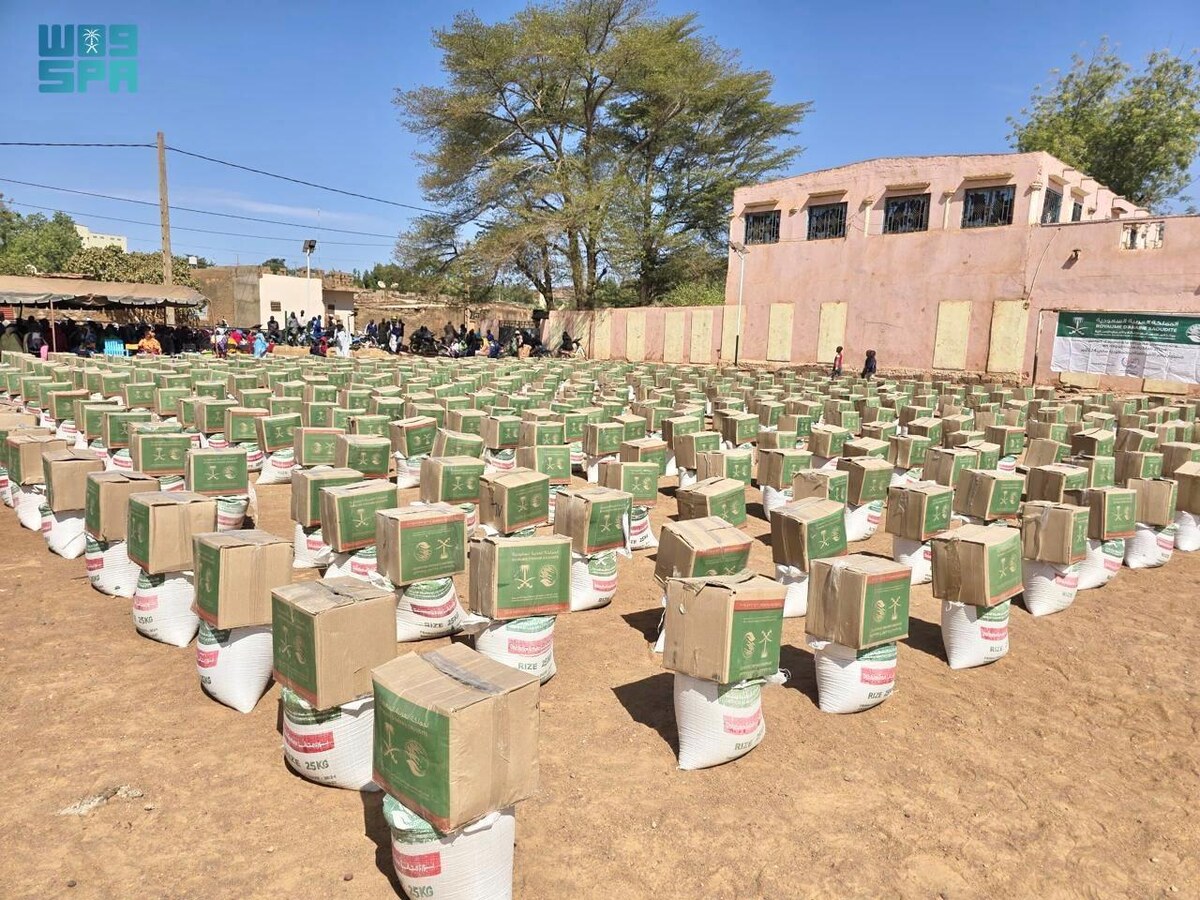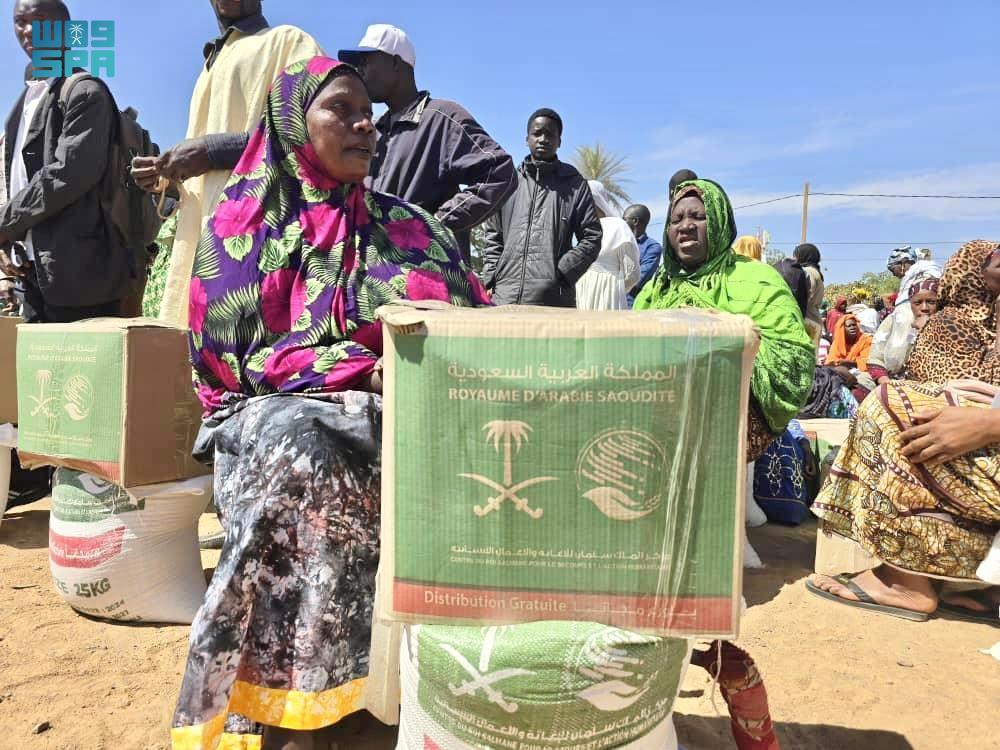ISLAMABAD: Pakistan’s Deputy Prime Minister Ishaq Dar said on Thursday regional connectivity was not optional but essential for shared prosperity, highlighting his country’s strategic location as a bridge between South and Central Asia, China and the Middle East.
Dar was addressing the Regional Transport Ministers’ Conference in Islamabad, which brought together officials from neighboring countries to discuss infrastructure, trade and cross-border cooperation.
He mentioned Pakistan’s focus on expanding road, rail, maritime and digital links while advancing trans-border energy and power projects.
“We meet today at a time of global transition, geo-economic shifts, new trade routes, digital integration and the move forward for sustainability are shaping trade and alliances today,” Dar told the participants of the conference. “In this environment, regional connectivity is not optional, it is essential for stability, growth and shared progress.”
He maintained such cooperation across the region would directly affect millions of lives.
“Pakistan’s strategic location connecting South Asia with Central Asia, the Middle East and China makes it a natural hub for regional connectivity,” he added. “Our vision is to build seamless linkages through road, rail, air, maritime, energy and digital corridors, turning geography into an opportunity.”
The deputy prime minister cited the China-Pakistan Economic Corridor (CPEC) as a symbol of “win-win cooperation” and a catalyst for energy and transport infrastructure across South and Central Asia.
He also highlighted projects such as the Uzbekistan-Afghanistan-Pakistan Railway Framework Agreement, the Istanbul-Tehran-Islamabad corridor, and the CASA-1000 and TAP-500 electricity transmission projects that aim to link Central Asian energy markets with his country.
“Pakistan is prioritizing digital trade platforms and e-port integration to create seamless, paperless and efficient trade flows, boosting efficiency, transparency and competitiveness and ensuring that our connectivity vision is future-ready,” he said amid Islamabad’s offer to landlocked Central Asian economies the use of its southern ports for global trade.
The Pakistani deputy PM said he envisioned “a future where goods, energy, data and people move without any hindrances across borders, where our economies complement and where connectivity drives inclusive growth.”
He added Pakistan was ready to coordinate transport plans, enhance cross-border facilitation, mobilize joint investments and strengthen regional value chains, calling on all participating nations to deepen engagement and forge durable partnerships.



















